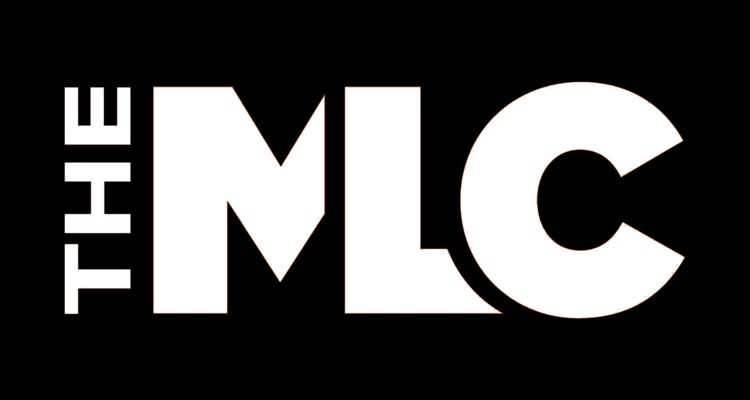
MLC Challenges Spotify's Bundle Classification: Breaking Down the Royalties Dispute
The Mechanical Licensing Collective (MLC) has filed a lawsuit against Spotify over alleged royalty underpayments related to the platform's recent bundling reclassification. Here's a comprehensive breakdown of the key arguments and implications:
The Core Issue: Spotify recently reclassified its standard $10.99 monthly subscription plans (Individual, Duo, and Family) as "bundles" after introducing a $9.99 audiobook-only plan. This reclassification reduces mechanical royalty rates from 26.2% to 24.5% of "total content cost," potentially resulting in a $150 million annual decrease in mechanical royalties.

White MLC logo
The MLC's Main Arguments:
- Not a True Bundle
- Premium service remains unchanged from before audiobook launch
- No new elements have been bundled with existing service
- The MLC only discovered the change through March monthly usage report
- Technical Violations
- A bundle must include at least two distinct products/services
- Spotify failed to create a differentiated product
- The audiobook component lacks sufficient "token value" to qualify as a bundle under Section 115
- Implementation Issues
- The $9.99 audiobook-only plan still provides unlimited music access on Android devices
- The minimal price difference ($1) between plans raises questions about the legitimacy of the bundling strategy
Relief Sought:
- Declaration that Spotify's bundle characterization violates Section 115
- Compensatory damages for underpaid royalties
- Late fees and attorneys' fees
- Preliminary injunction against the reclassification

Daniel Ek, CEO of Spotify
This legal battle highlights growing tensions between streaming platforms and rights holders over royalty payments and service classification methods.